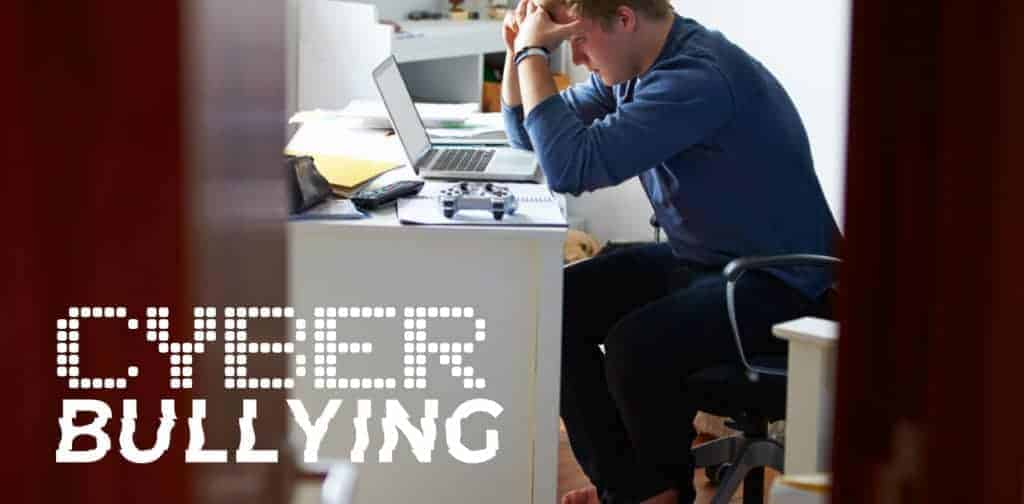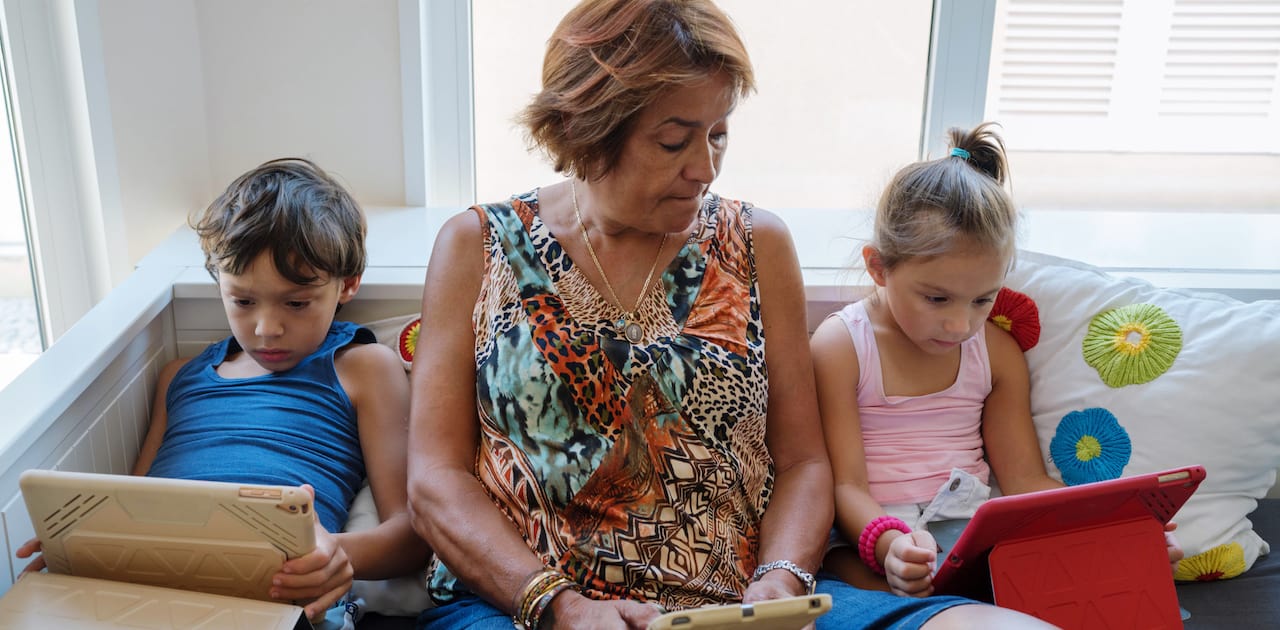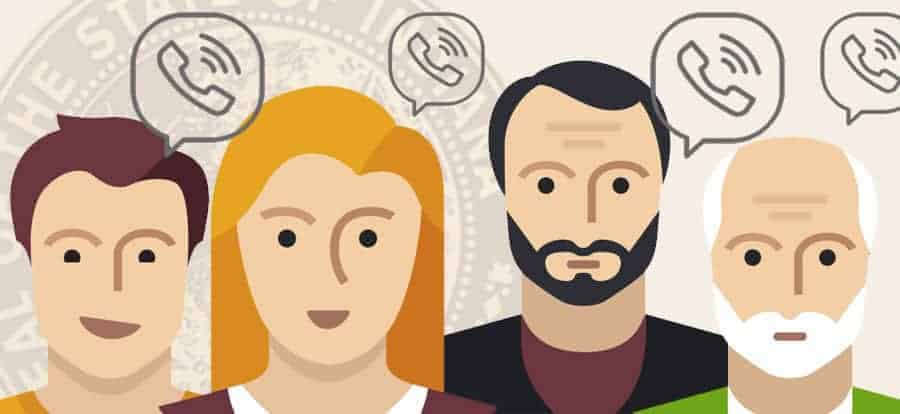
Gov. Eric Holcomb reported yesterday that every school in Indiana is shut down and utilizing either spring break days, e-learning days, or getting waivers for time off amid the COVID-19 spread.
With over 1 million kids at home, an immense amount of time is likely spent connected to a screen. That may be more than just a tablet or phone, but could be an Internet and voice-connected X-Box, chat apps, and even smart speakers like Amazon Echos.
Signs of cyberbullying
As kids coalescence around screens to maintain even modest connections to friends and other social groups, parents and caregivers should know these signs of cyberbullying:
- A child is uneasy, nervous, or scared to sit down at their computer, tablet, or use their phone
- They become suddenly withdrawn from social media or texting
- Upset or overly frustrated after going online to game
- Unwilling to share information with you or another child about their online accounts
- Unexplained weight loss or gain. This can also include aches or eating issues.
- Trouble sleeping
- Loss of interest in analog hobbies
- Seeming depressed, sad, angry, or irritable
- Making passive statements about death, suicide, drugs, or self-harm
What even is cyber bullying?
For parents who might be confused about what, exactly, goes on in a child’s online life, cyberbullying is more than just taunts and jeers. Cyberbullying can extend far into the realm of dangerous self-harm. Cyberbullying can include:
- Sending threatening or abusive text messages
- Creating a sharing embarrassing images or videos
- Trolling, or the act of sending menacing messages across multiple platforms. In the physical world we might consider this “stalking” or “harassment”
- Shaming someone online
- Setting up dedicated hate sites or groups about a particular child or group
- Encouraging someone to self-harm
- Pressuring a child into sending sexual images or encouraging sexual conversations
- Sexting
What parents can do
A child may be unlikely to talk about what’s happening in their online world. Often their feelings about creating a space in the physical world, such as their room, extends into the virtual world. It’s up to you to talk to them, set limits on screen time, use protective software and filters, and create rules about how you access their accounts.
Keep in mind many kids will setup false or misleading “shadow” accounts. One way to protect against this behavior is to randomly stop them from using a device and checking its Internet history, open tabs, and network activity. If you don’t know how, consider asking family members or much older children for help.
Signs your child is the cyber bully
Every child who is cyber-bullied has a cyber-bullier.
If your child exhibits any of these signs, talk with your child about appropriate behavior:
- They have friends who act aggressively
- They get in trouble at school
- They have trouble controlling their anger
- They’ve experienced bullying themselves in the past and are trying to compensate
- Over aggression towards siblings
- They spend an unhealthy amount of time online
- They show signs of intolerance toward kids of different religions, sexuality, race, etc.
Groups especially at risk are the same as those in the analog world: kids of different ethnic or racial backgrounds, gay, lesbian, and transgender kids, and girls.
You can report bullying on social media, but most systems are automated and use AI to determine the most egregious cases. Often they require a lot of reports to the same account to trigger a removal. And in most cases, the bully or troll will just create a new account.
Remind your kids who they can ask for help. That may not be just you. An older brother or sister may be the best support. Talk to your older kids about how to help and be watchful.




